- 21
- 12月
kvm block machine
Our kvm block machine are suitable for producing different types of blocks such as hollow, solid, Water reservoir blocks, and paving blocks. They utilize hydraulic pressure to compress raw materials such as sand, cement, and gravel to form strong and durable concrete blocks. The blocks produced by our machines have accurate dimensions, smooth surfaces, and can withstand high pressures, making them perfect for building walls, fences, Colored concrete blocks, and other structures.
RAYTONE block machine is also environmentally friendly, with low energy consumption and minimal noise levels.
Another popular option is the automatic hydraulic press machine. It has a higher production capacity, making it suitable for large-scale production. This machine is equipped with an advanced hydraulic system that allows for precise and efficient brick making. It also has a larger moulding pressure, resulting in stronger and more durable bricks.
The fully automatic kvm block machine is the most advanced model, with the highest production capacity and automation. It uses PLC control and hydraulic pressure to produce bricks and blocks with high precision. The machine also has a high efficiency and can produce a variety of shapes and sizes of bricks and blocks.
In terms of parameter configuration, kvm block machines have different specifications for its motor power, moulding cycle time, and pallet size. These parameters can be customized according to the specific needs of the customer.
Technical specifications:
1. Power: 5 kW
2. Production capacity: up to 2000 blocks per hour
3. Dimensions: 400mm x 200mm x 200mm (standard block size)
4. Weight: 4069kg
5. Control system: PLC control
6. Mold types: customizable
7. Safety features: emergency stop buttons, protective covers
8. Energy efficiency: low energy consumption
9. Noise level: <81dB
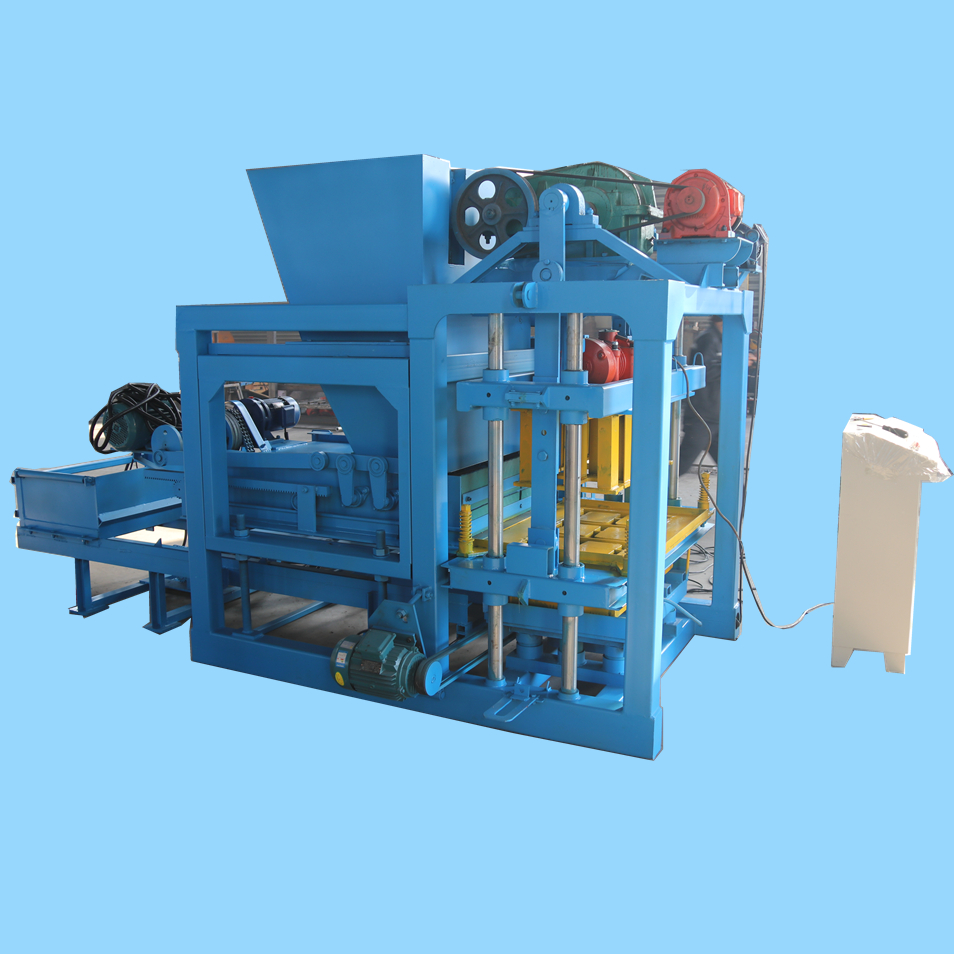
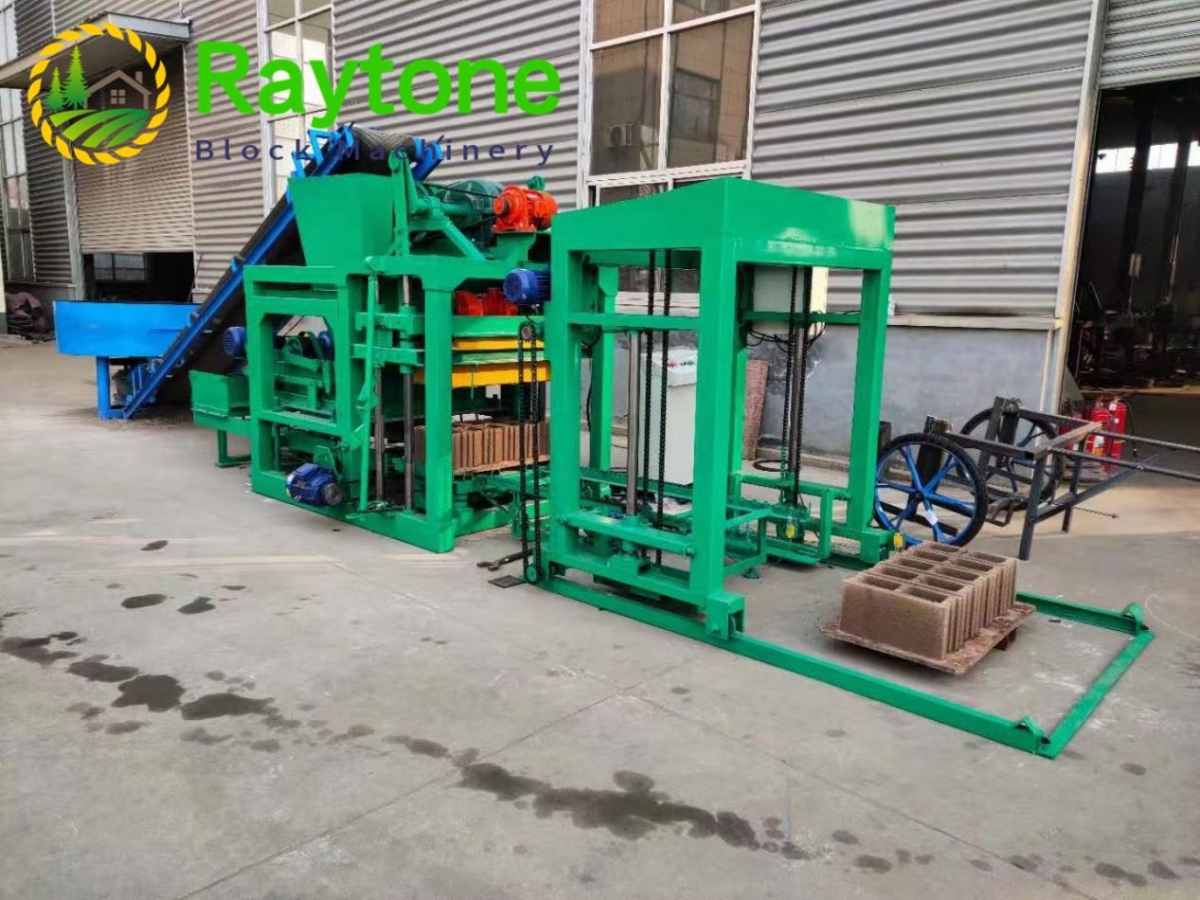
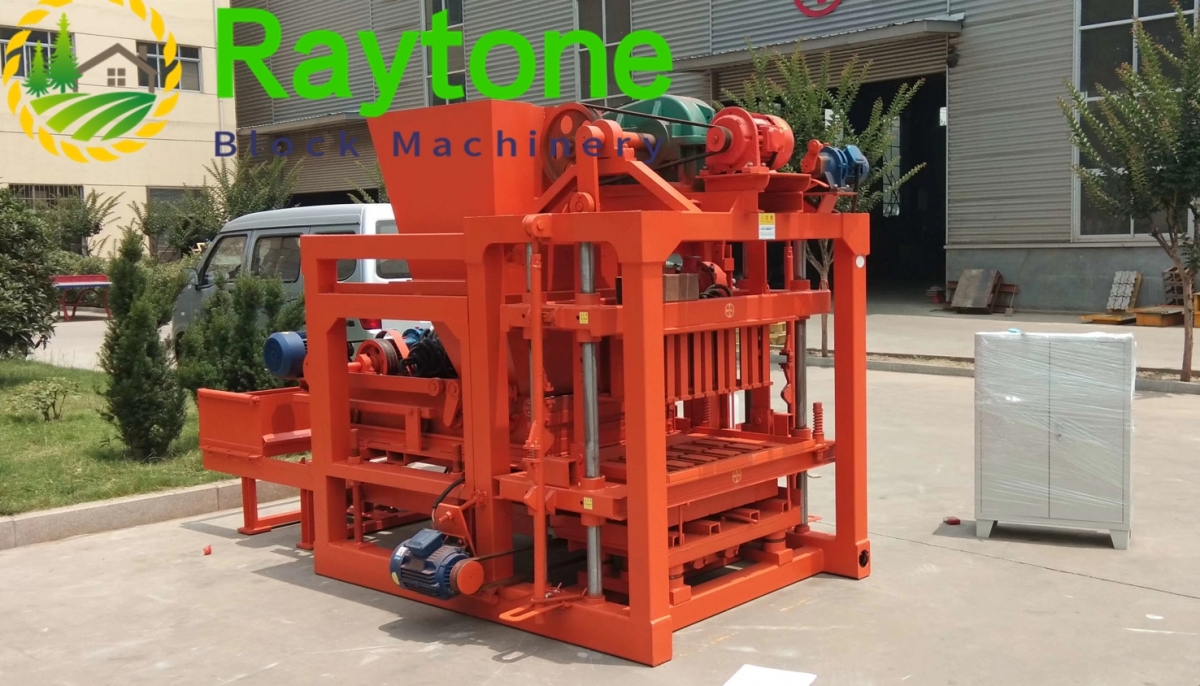
| land area | 350 Square Meters | Water Consumption | 2.4 T/day |
| Workshop area | 52 Square Meters | Electricity Voltage &Frequency | 220V/380V/415V;50HZ/60HZ |
| Labors Quantity | 3 workers | Power Consumption | 26.5 KW*8 Hours=212 KWH; |
| Cement Consumption | 5.27 Tons per day | Sand consumption | 28.3 tons per day |
| Crushed stones consumption | 39.44 tons per day |
Block Machines Redefining Building Standards
kvm block machine FAQs Guide.
The Block machine is an innovative and advanced piece of equipment that is designed to streamline the process of creating high-quality concrete blocks. With its state-of-the-art technology and precise engineering, our Block machine offers superior performance and efficiency for any construction project. It is a versatile and reliable tool that can produce a wide range of block sizes and shapes, making it perfect for various applications, including residential and commercial buildings, road and sidewalk construction, and more. Combined with its durability and ease of use, our Block machine is the ideal solution for your block-making needs. Join the countless satisfied customers who have experienced the benefits of our Block machine and take your construction projects to the next level.
2.About kvm block machine payment method
3.What is the level of precision and accuracy in the production of blocks with a kvm block machine?
4.Are there any safety features built into the design of a kvm block machine?
5.What is the size and weight of a typical kvm block machine?
6.Can a kvm block machine be easily repaired in case of breakdown?
7.About kvm block machine overseas warehouse
8.Can a kvm block machine be used in areas with limited access to electricity?
9.How does a kvm block machine work?
10.Are there any specific safety regulations for operating a kvm block machine?
11.How does a kvm block machine deal with unwanted air pockets in the blocks?
12.What are the maintenance costs associated with running a kvm block machine?
13.How is the weight of a block determined during production?
14.How often does a kvm block machine need to be maintained?
1.What is the cost-effectiveness of using a kvm block machine?
The cost-effectiveness of using a block machine depends on the type of block machine being used, the size of the project, and the amount of labor required. Generally, block machines are more cost-effective than traditional methods of block production, as they require less labor and can produce more blocks in a shorter amount of time. Additionally, block machines can produce blocks with a higher degree of accuracy and uniformity than traditional methods, which can result in a higher quality product.
2.About kvm block machine payment method
Block machine payment methods vary depending on the manufacturer and the type of machine. Some common payment methods include cash, credit cards, PayPal, wire transfers, and cryptocurrency. Some manufacturers may also offer financing options or leasing options.
3.What is the level of precision and accuracy in the production of blocks with a kvm block machine?
The level of precision and accuracy in the production of blocks with a Block machine depends on the type of machine and the quality of the components used. Generally, modern block machines are capable of producing blocks with a high degree of accuracy and precision. The accuracy of the blocks produced can be further improved by using higher quality components and calibrating the machine regularly.
4.Are there any safety features built into the design of a kvm block machine?
Yes, there are several safety features built into the design of a block machine. These include emergency stop buttons, safety guards, and interlocks to prevent accidental operation. Additionally, many block machines are designed with a low center of gravity to reduce the risk of tipping over.
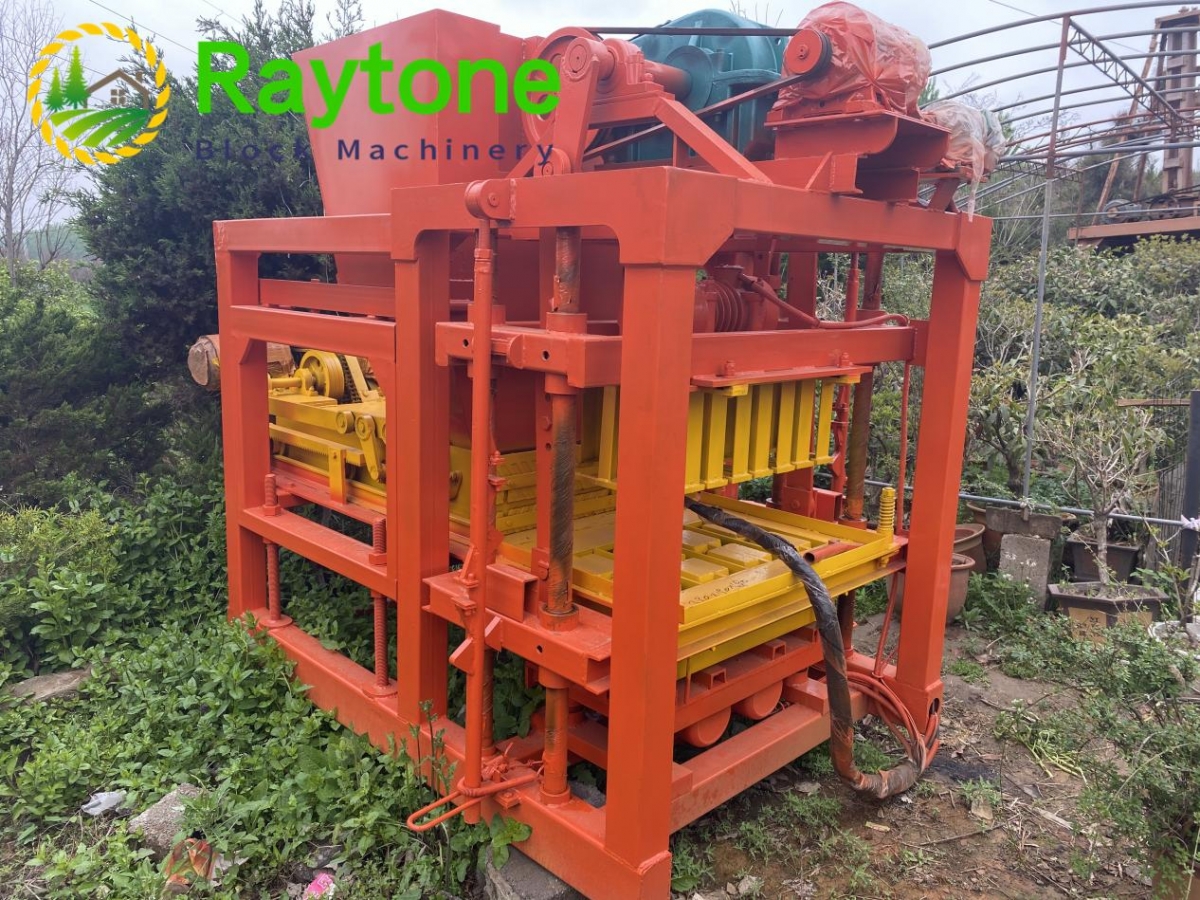
5.What is the size and weight of a typical kvm block machine?
The size and weight of a typical block machine will vary depending on the type and model of the machine. Generally, block machines range in size from about 4 feet wide by 8 feet long to 8 feet wide by 20 feet long. The weight of a typical block machine can range from 1,000 to 10,000 pounds.
6.Can a kvm block machine be easily repaired in case of breakdown?
Yes, a block machine can be easily repaired in case of breakdown. Depending on the type of block machine, the repair process may involve replacing parts, cleaning and lubricating components, or adjusting settings. In some cases, a technician may need to be called in to diagnose and repair the machine.
7.About kvm block machine overseas warehouse
Block machine overseas warehouses are warehouses located in different countries around the world that store and distribute block machines. These warehouses are used to store and ship block machines to customers in different countries. The warehouses are typically owned and operated by the block machine manufacturer or distributor. They are responsible for ensuring that the block machines are properly stored and shipped to customers in a timely manner.
8.Can a kvm block machine be used in areas with limited access to electricity?
We are a professional kvm block machine company dedicated to providing high quality products and services.
Yes, some block machines can be used in areas with limited access to electricity. Some block machines are powered by diesel engines, which can be used in areas with limited access to electricity.
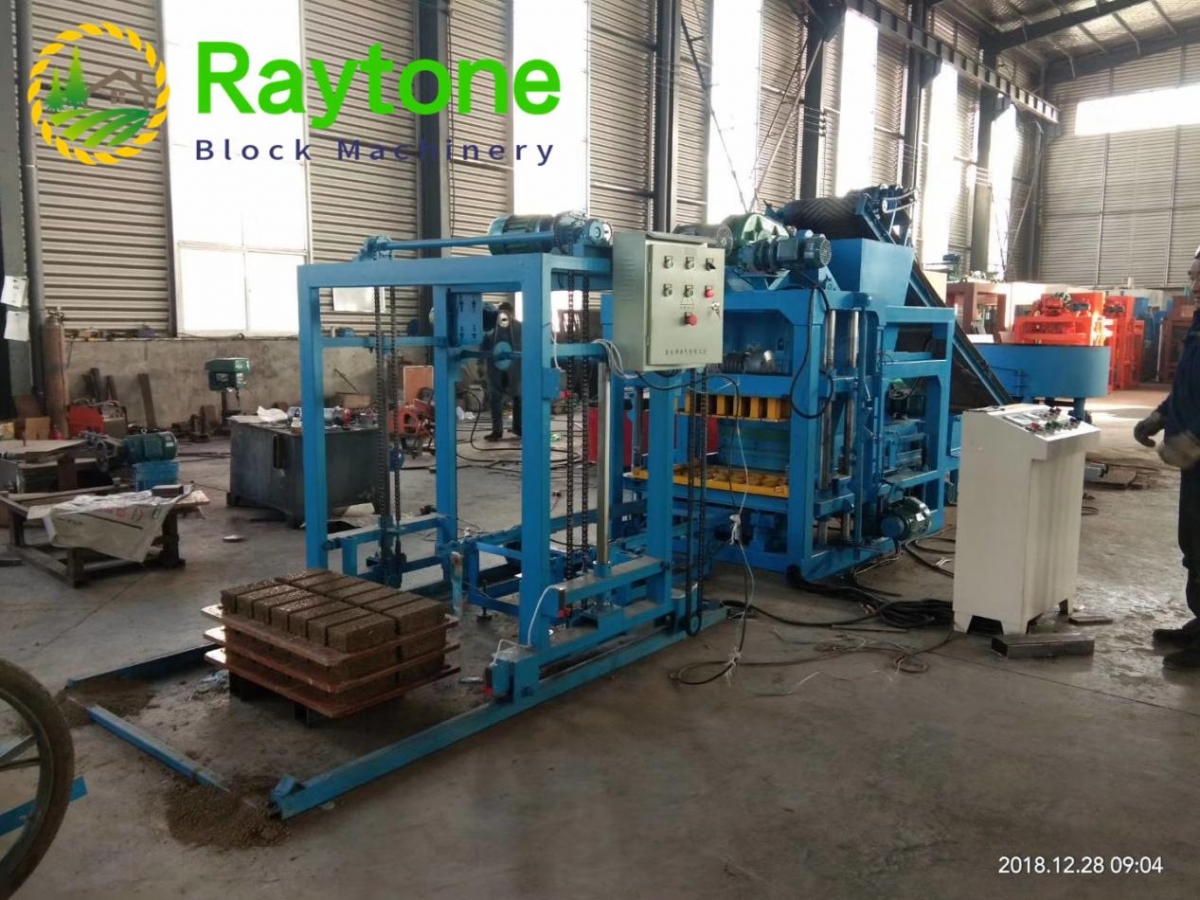
9.How does a kvm block machine work?
We continuously upgrade our skills and knowledge to adapt to changing kvm block machine market needs.
A block machine is a machine used to produce concrete blocks for use in construction projects. The machine works by using a combination of vibration, pressure, and heat to form the blocks. The blocks are formed in a mold, which is filled with a mixture of sand, cement, and water. The mold is then placed in the block machine, which vibrates and applies pressure to the mixture to form the blocks. The blocks are then removed from the mold and allowed to dry before being used in construction projects.
10.Are there any specific safety regulations for operating a kvm block machine?
Being one of the top kvm block machine manufacturers in China, We attach great importance to this detail.
Yes, there are specific safety regulations for operating a block machine. These regulations vary depending on the type of block machine and the country in which it is being operated. Generally, safety regulations include wearing protective gear such as safety glasses, gloves, and a hard hat; ensuring that the machine is properly maintained and inspected; and following all safety instructions provided by the manufacturer. Additionally, operators should be trained in the proper use of the machine and be aware of any potential hazards associated with its operation.
11.How does a kvm block machine deal with unwanted air pockets in the blocks?
A block machine typically has a vibration system that helps to remove any unwanted air pockets in the blocks. The vibration system helps to compact the material and fill any voids that may be present. The vibration system also helps to ensure that the blocks are of a consistent density and strength.
12.What are the maintenance costs associated with running a kvm block machine?
The maintenance costs associated with running a Block machine will vary depending on the type of machine and its age. Generally, maintenance costs can include regular oil changes, filter replacements, lubrication, and other routine maintenance. Additionally, more complex repairs such as replacing worn parts or repairing electrical components may be necessary. Depending on the machine, these repairs can be costly.
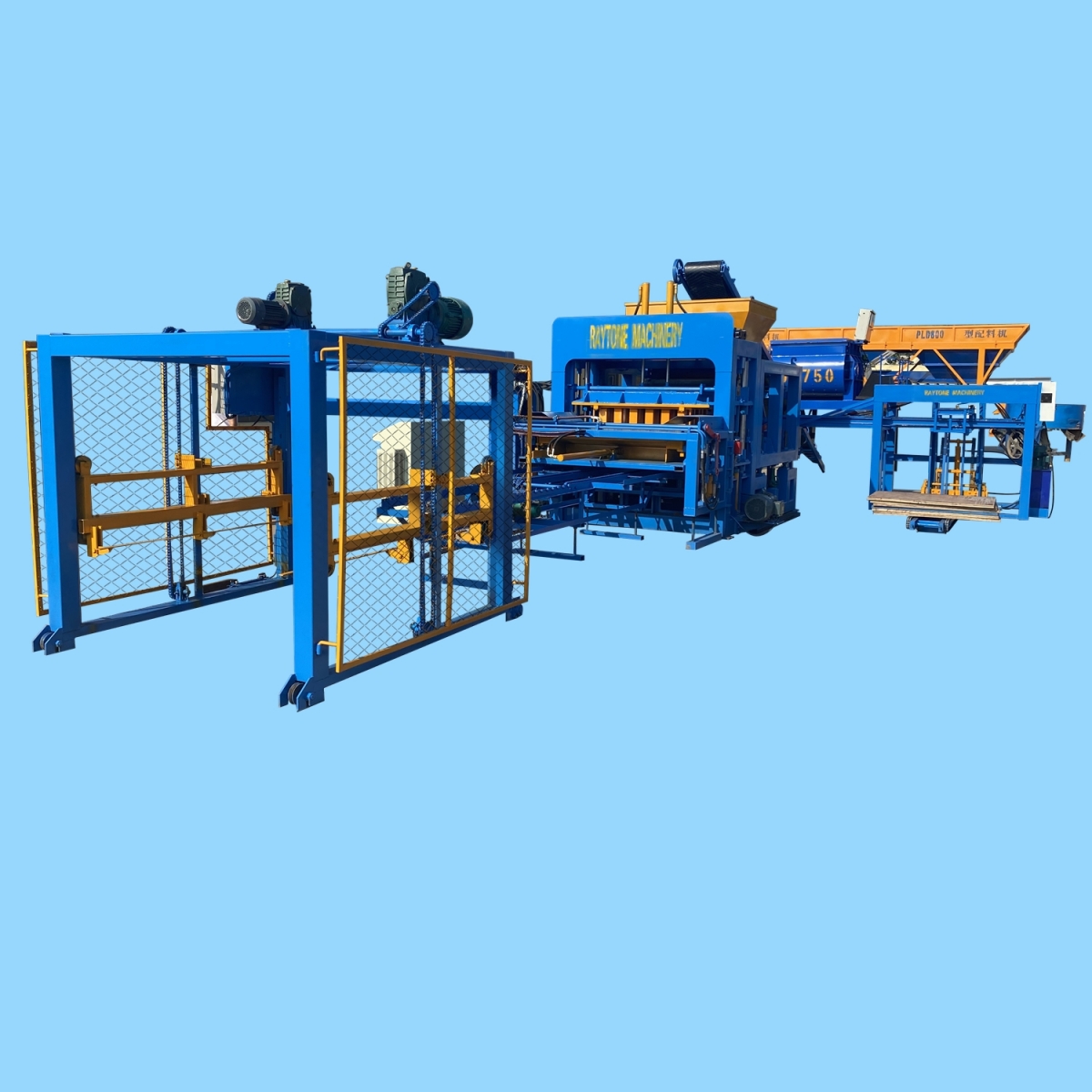
13.How is the weight of a block determined during production?
Our kvm block machine products undergo strict quality control to ensure customer satisfaction.
The weight of a block during production is typically determined by a combination of automated and manual processes. Automated processes may include weighing the block on a scale or using a computer-controlled system to measure the weight. Manual processes may include using a hand-held scale or a balance beam.
14.How often does a kvm block machine need to be maintained?
We focus on innovation and continuous improvement to maintain a competitive advantage.
A block machine should be maintained on a regular basis, typically every 3-6 months depending on the type of machine and its usage. Regular maintenance should include checking for wear and tear, lubricating moving parts, and inspecting the machine for any potential safety hazards.
